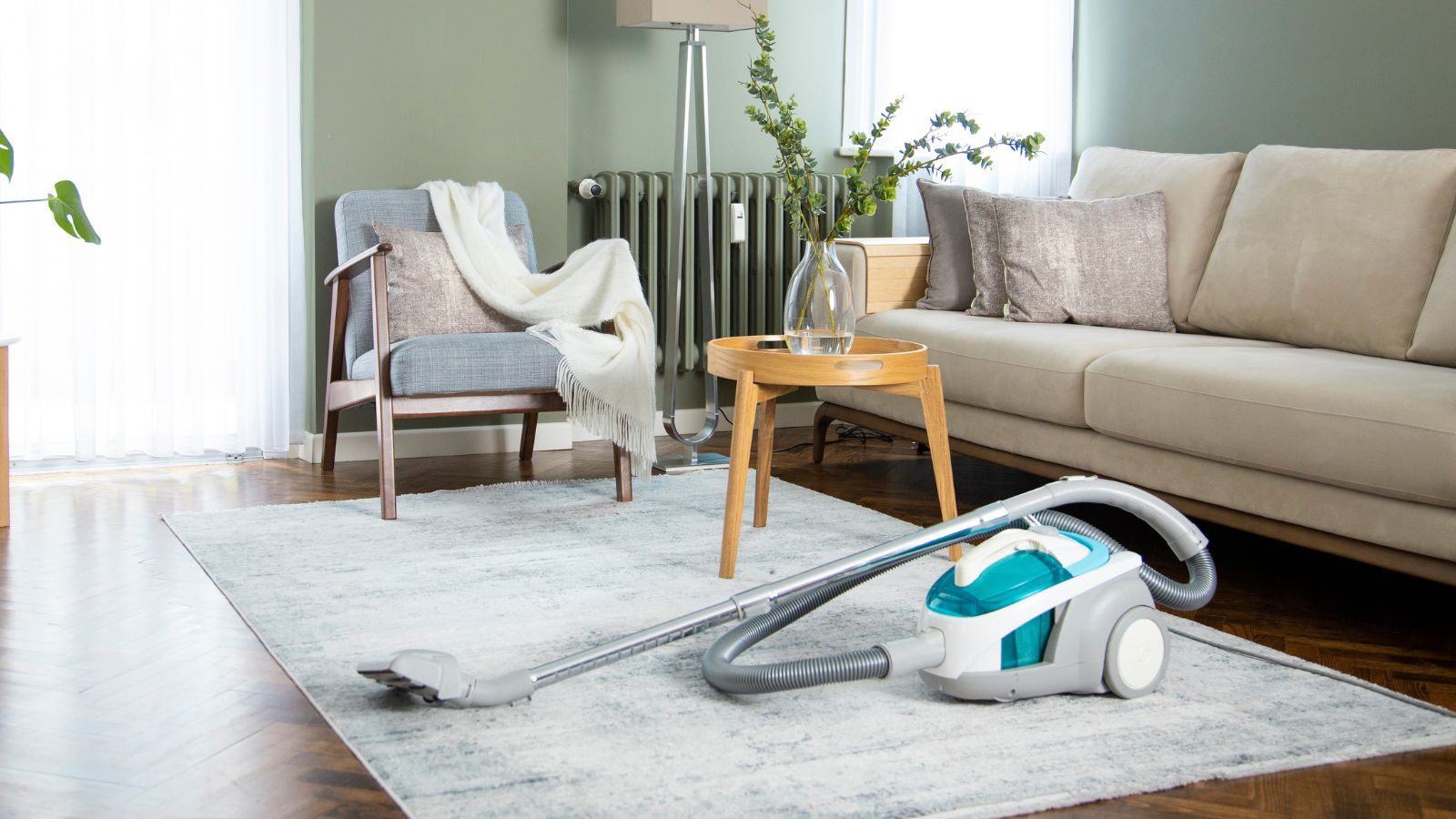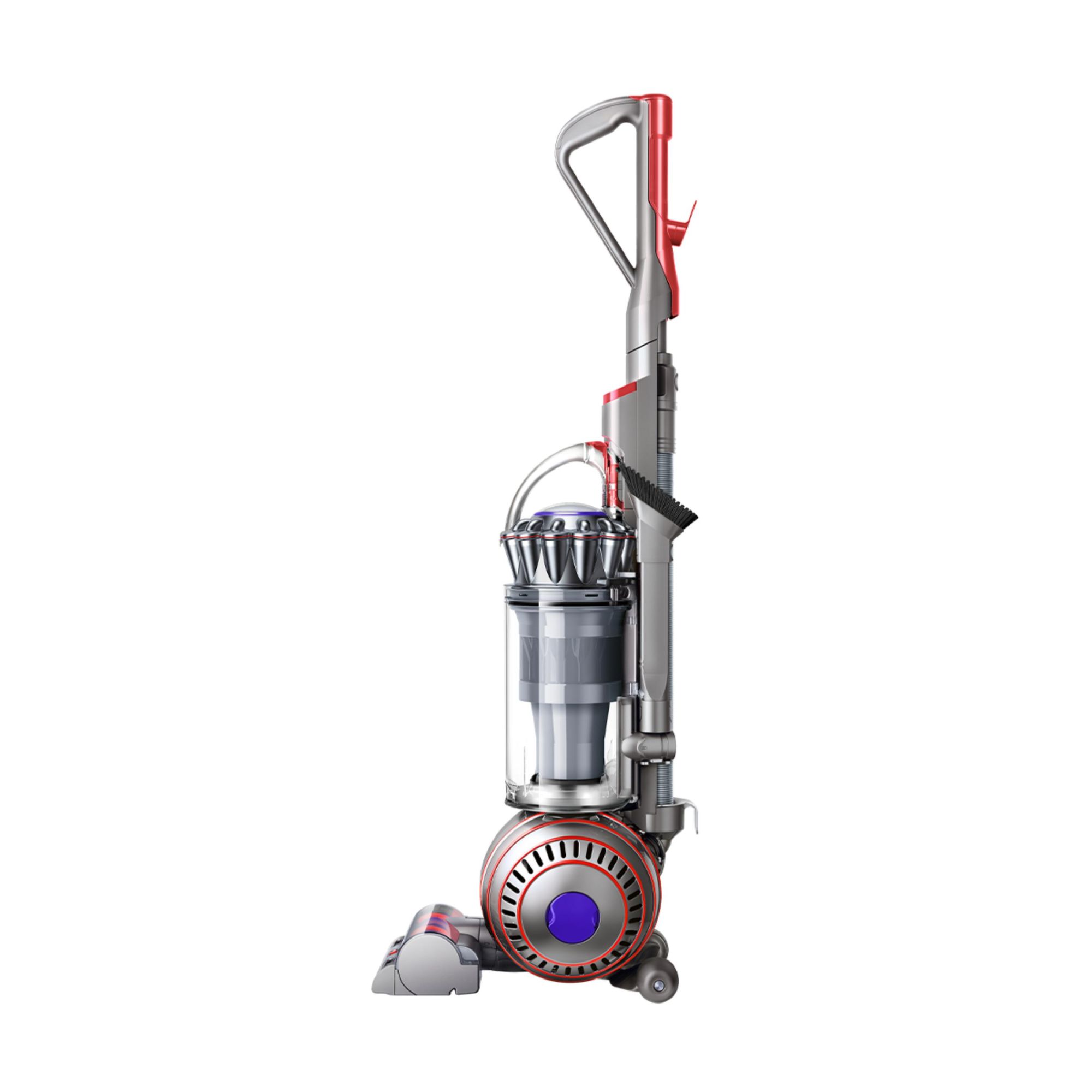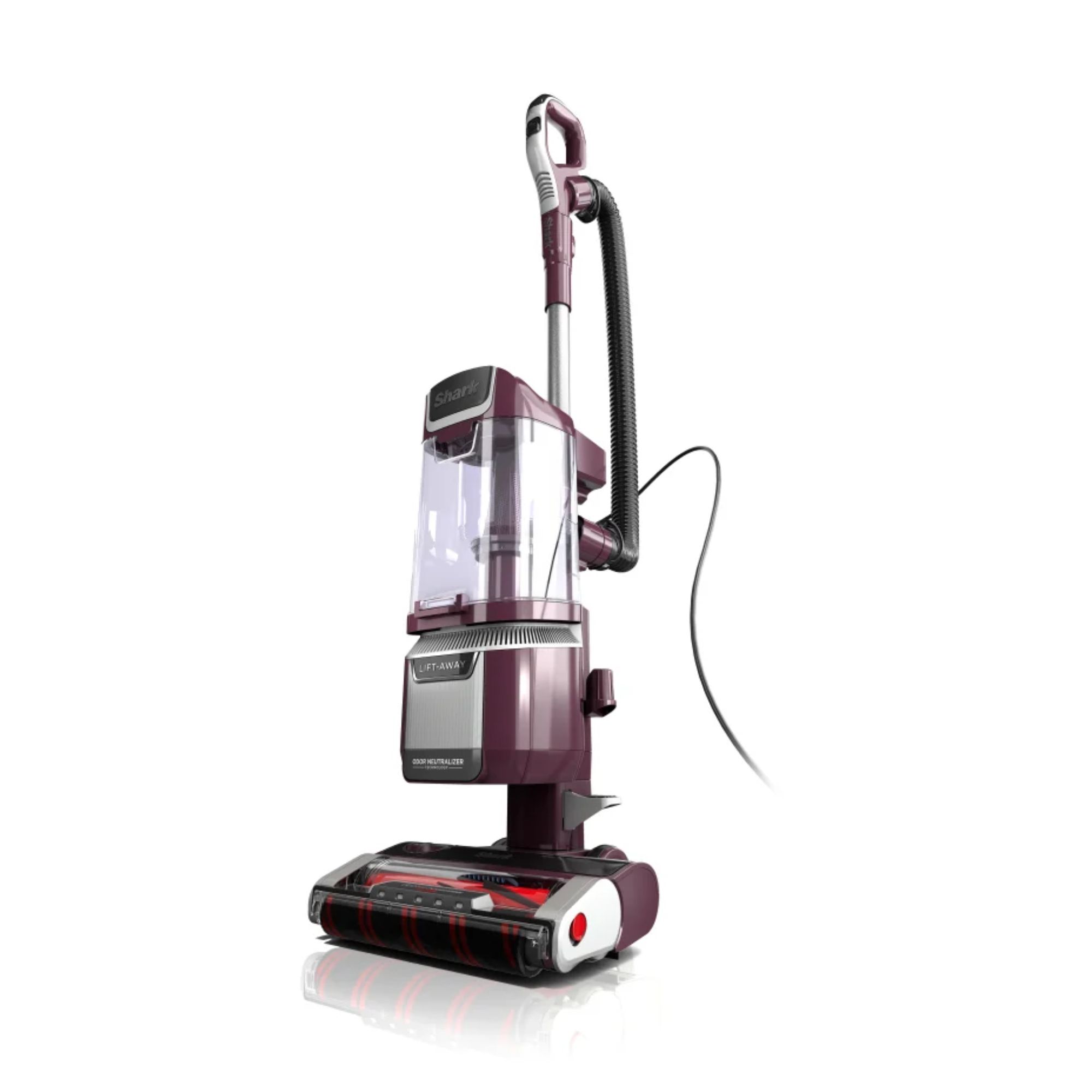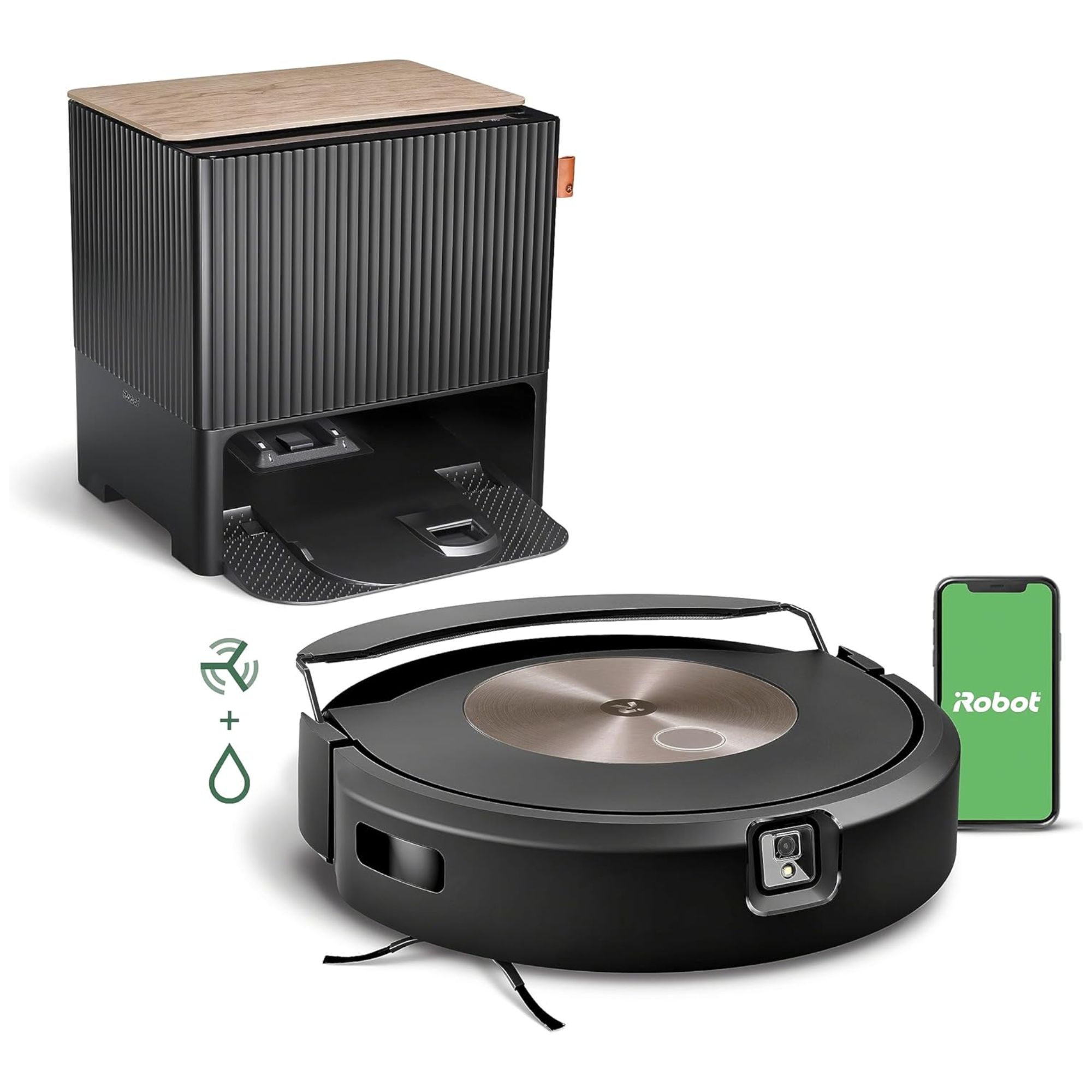
Vacuum cleaners may be a big housekeeping investment, but they're essential to keeping your home free of dust, debris and dander. That being said, how long should a vacuum last before being replaced?
Of course, even top-rated vacuum cleaners don't last forever, but there are a number of factors which may affect the longevity of your machine – such as how and how often you use it, and how and when you clean it.
Here, appliance experts and electricians share their thoughts on extending the lifespan of a vacuum, how long you can expect yours to last, and when it's best to replace your vacuum altogether.
How long does a vacuum last?
Brian Johnson, appliance expert at MyJobQuote, advises, 'The average lifespan of a vacuum cleaner is around five to seven years. This can vary depending on the brand, model, frequency of use, and how well it is maintained.'
Frequent usage may accelerate wear and tear, explains Johnson, which is why understanding how often you should vacuum will help to reduce the load both on your appliance and your to-do list, while regularly cleaning your vacuum can help to extend its life.
'The quality of components can also affect the lifespan,' he adds. 'High-quality ones such as the motor and the filters can help contribute to a longer lifespan,' which is why it's worthwhile to spend a little more on one of the best vacuums in the first place.
Prices correct at time of publishing.

This is one of our top picks of the best upright vacuums, particularly for its ability to deeply clean carpets with ease. Engineered for homes with pets, it's also ideal for lifting pet hair from fabrics and floors.

With odor neutralizing technology to keep your home smelling fresh, this vacuum cleaner features an innovative lift-away pod for tackling hard to reach areas both up high and down low.

If you prefer a robot vacuum to get the job done for you, this one is capable of mopping too, and even self-empties for a seamless clean you won't even know is happening.
How can you make a vacuum last longer?

Whether you've committed to a new vacuum cleaner, or simply want to extend the life of your current model, regularly cleaning your vacuum is the number one thing you can do, says appliance expert Johnson.
He says, 'Clean the filters, brushes, and hoses regularly to remove dirt and debris. A clogged filter can significantly reduce the suction power and can strain the motor,' and may be the reason why your vacuum cleaner has lost suction power.
If you do find any clogs, perhaps after sucking up one of the things you should never vacuum, you can easily clear blockages in a canister vacuum with a quarter, which is a tip shared with us by the expert repair team at Miele.
To that end, you should also empty the dust compartment frequently, as not doing so can impact the performance and lead to clogs, warns Johnson. Taking the time to do this can also stop a vacuum cleaner from smelling, too. And don't forget to check the belts either, he adds. 'Periodically inspect the drive belt for wear and tear. A worn-out belt can reduce suction power and may cause the motor to work harder.'
Furthermore, the team at Dyson point out the importance of preventing your vacuum from overheating, saying, 'Avoid using the vacuum in extreme temperatures,' as overheating can damage the motor and other components. Where relevant, for cordless vacuum cleaners, 'letting the battery fully discharge once a month will help extend its life,' they add.
If you have invested in one of the best Dyson vacuums, the team also advise using 'Boost mode' sparingly, and only for short bursts for tougher cleaning tasks. 'Auto, Normal, or Eco mode will provide sufficient power while preserving battery life for daily use,' they say.
Additionally, Johnson recommends considering professional servicing every few years to ensure optimal performance and longevity, helping your vacuum cleaner last for years to come. Extending the life of your appliances will help you to be sustainable at home.
How to store a vacuum to prolong it's lifespan
Karina Toner, cleaning expert and operations manager at Spekless, says, 'Storage also plays a large part in the lifespan of your vacuum. Vacuum storage mistakes such as crushing the cable or leaving it to tangle, or leaving the battery of a cordless vacuum charging 24/7 will cause the components to wear out more quickly.
'If you want to get a good return on your investment, you should also avoid stowing your vacuum in a humid or damp spot, or in areas that experience drastic temperature fluctuations, such as a garage or any basement ideas,' which may lead to the growth of mold and mildew.
Usually, knowing when to replace a vacuum is obvious, with signs including a loss of suction, overheating, strange smells that do not go away with cleaning, loud new noises, and regular malfunctions despite maintenance.
More often than not, if the cost of repairs on your existing vacuum is more than 50% of the cost of a new replacement, it is usually more cost-efficient to replace the vacuum than to repair it, especially if the vacuum is older than five years old and is heavily used.
Tempted to upgrade? Check out our top vacuum deals to save on top brands.







